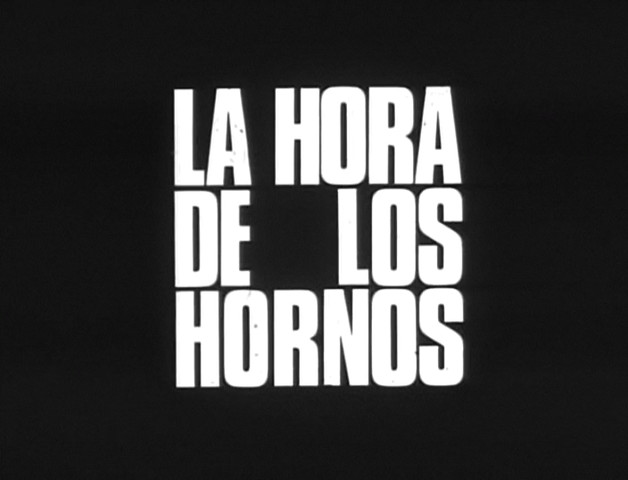Alberto Cavallone – Afrika (1973)
from the Roberto Curti article at esotika’s site:
“Decolonized Africa as a modern-day Little Big Horn, white men as general Custer’s soldiers: that’s how Cavallone described the concept that spawned Afrika (1973). It’s an uncomfortable, uncommercial premise that shows how little Cavallone cared of commercial issues. The theme is once again that of cultural/political clash, in a country – Ethiopia – that’s experiencing a sort of “new birth” after the end of colonialism. Cavallone echoed the confusion and identity crisis of a whole country with those of a group of Europeans who chose to hide themselves in the Third World rather than solve their existential problems. The main character, Philip Stone (the underrated Ivano Staccioli) is a failed painter who is unable to fully accept his homosexuality, and carries on a miserable life of reciprocal betrayals and bitter recriminations with his estranged wife (“You can’t stand the idea that someone loves you. It’s too hard for you!”). His young secretary/lover Frank (Andrea Traglia) eventually decides to undergo a sex change operation and become a woman in order to make their relationship an “acceptable” one. But Frank’s rebirth as a woman named Eva becomes a tragic awakening, culminating in suicide. Shot on Super 16mm and then blown up to 35mm, Afrika is built around a fragmented, intriguing flashback structure: the bulk of the film takes place immediately after Frank’s death, as a local commissioner (Debebe Eshetu, who would be also in Cavallone’s subsequent film, Zelda) questions both Philip and Frank’s sister Jeanne (Jane Avril) and the main characters’ stories gradually come to the surface. Each event is presented under two or three different points of view, each one giving more information than the previous. In one scene, Frank is kidnapped by a quartet of schoolmates (two boys and two girls) and savagely raped in the countryside. We then get to know that the rape was organized by Jeanne’s husband (Martial Boschero6) in order to make Frank “recover” from homosexuality. This all sounds much more interesting on paper, though: didascalic dialogue and bad performances (especially Traglia’s) make Afrika a daring yet badly flawed film. It almost looks as if Cavallone gradually got tired of the basic premise – he stated that the story came from an unknown paperback published by Edizioni 533 (yet there is no mention of it in the credits) and let his inspiration work. Actually, the best parts are those when the director’s documentaristic eye meets his sharp, nihilistic humour. A long scene features a group of healthy tourists – including Philip and his wife, a blind ex-colonel and his African spouse, and a good-looking young actor – making a trip to the countryside, to a village where they buy handicraft objects and have the villagers kill an ox (onscreen) and set up a banquet in their honour. A woman makes fun of the natives (“Gee, I’m gonna buy you a dustcleaner for Christmas! So that’s why they call it ‘black Africa’, because of all this dirt!”), the colonel’s wife openly flirts with the actor in front of the unsuspecting husband, while Philip and his wife play the happy couple while they’re actually preparing to divorce. They don’t understand Africa, and make a mockery of its tradition and its people. But somehow they envy its innocence, something they lost forever, and desperately try to imitate it. That’s where Cavallone excels, capturing the characters’ desperation and incommunicability, and he takes his risks: some sequences – such as the opening, where Stone watches in awe as a couple of soldiers torture and kill in cold blood two women who are suspected to be rebels, or the aforementioned slaughtering of the ox – critically revise the legacy of Mondo movies (such as Jacopetti’s Africa addio, 1966) as Paolo Cavara did in the extraordinary L’occhio selvaggio (The Wild Eye, 1967). What’s more, the theme of male homosexuality – quite unpopular at the time, whereas genre cinema often depicted lesbian relationships – is hinted at with no false discretion, and Traglia’s rape (which somehow predates a similar scene in Paul Verhoeven’s Spetters) was probably the reason that the film was briefly seized. Box office response was moderate, about 250 millions.
Despite all its flaws, Afrika is a further step into no man’s land – that is, a cinema that flirted with both intellectualistic premises and genre material, mixing sex, violence, politics and social commentary with uneasy results. It’s also sort of a declaration of impotence, on behalf of a filmmaker who’s unwilling to embed his creative demands within a classic (and, more important, commercially viable) narrative format. “
699MB | 1h 05m | 608×432 | avi
https://nitro.download/view/0BA68F5821D298B/Afrika.avi
https://nitro.download/view/A5195643C7C86B6/Afrika.1973.VHSRip.XViD-Nameless.srt
or
https://tezfiles.com/file/1cc36a5aafb65/Afrika.avi
https://tezfiles.com/file/fbf68cabe5792/Afrika.1973.VHSRip.XViD-Nameless.srt
Language(s):Italian
Subtitles:English










